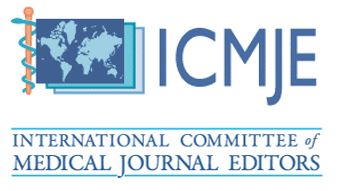The Effectiveness of Compassion-Focused Therapy on Shame in Women with Body Dysmorphic Disorder Seeking Cosmetic Surgery
Keywords:
Compassion-focused therapy, shame, body dysmorphic disorder, cosmetic surgeryAbstract
Given the lack of randomized controlled trials on the effectiveness of compassion-focused therapy in managing shame associated with body dysmorphic disorder and the necessity and importance of this issue, it became essential to investigate the effectiveness of compassion-focused psychodynamic therapy on shame in individuals with body dysmorphic disorder. The present study employed a randomized controlled experimental design. The statistical population included all women seeking cosmetic surgery with body dysmorphic disorder who experienced high levels of shame and had referred to cosmetic clinics in Tehran during the fall of 2023. The research sample consisted of 30 participants, selected using G*power software through cluster random sampling based on inclusion criteria. Participants were randomly assigned to either the intervention or control group, with the intervention group receiving compassion-focused psychotherapy. The Guilt and Shame Proneness Scale (GASP) was used to measure pre-test and post-test scores. Data were analyzed using SPSS-26 software through covariance analysis tests. The covariance analysis test for between-group changes in the shame variable was significant (F = 75.66, P = 0.04). The effect of the covariate (pre-test) on the dependent variable was not significant (P > 0.05). Therefore, compassion-focused therapy can be considered an effective and generalizable treatment for improving shame in individuals with body dysmorphic disorder.
Downloads

Downloads
Additional Files
Published
Submitted
Revised
Accepted
License
Copyright (c) 2025 Mahshad Mosayebi (Author); Reza Almasi (Corresponding Author); Masuod Nazari, Mahsa sadat Hakami (Author)

This work is licensed under a Creative Commons Attribution-NonCommercial 4.0 International License.

























